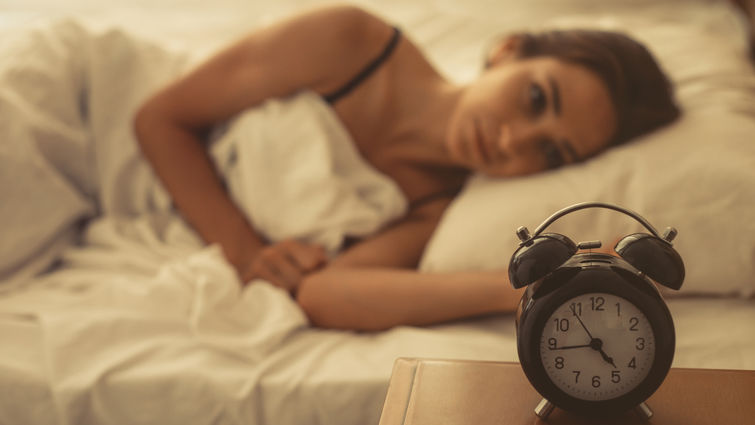
Awake
The temperature is increasing, the kids are home from school and lovers of sleep are suffering. It can feel especially tricky to get good sleep during the summer months. Ramiz Fargo, MD, medical director for the Sleep Disorders Center at Loma Linda University Medical Center, offers some solutions for how to get the best sleep in the summer:
“The long, hot days of sunlight are keeping me awake.”
Some individuals may be prone to insomnia due to increased light stimulation. If sleep is difficult during the longer days, try using sunglasses into the early evening to reduce stimulation of the body clock. This can help prevent the shifting of your circadian rhythms. If the bedroom environment is not conducive to sleep, use of blackout curtains to reduce light may be helpful. It can also be useful to use air-conditioning or a fan to lower the ambient temperature.
“How can I compensate for the increased daylight hours?”
Longer daylight hours mean it’s less likely that people will go to bed on time. Bright light into the early evening inhibits melatonin secretion, resulting in a decreased tendency to fall asleep. The warmer weather may also create a less comfortable bedroom environment, making it difficult to initiate sleep.
“What’s the biggest factor of poor sleep in the summer?”
Light is the most potent factor that sets the human body clock. It causes the clock to shift forward during long days, leading to later sleep time. More active evening social schedules may also contribute. However, work and school schedules do not shift, which means wake-up time remains the same. This results in shortened daily sleep time, leading to sleep debt.
“How can parents teach their kids good sleep hygiene?”
It’s important to make sure kids know the importance of keeping a consistent bedtime. It’s important to avoid food, and for parents to avoid alcohol before bed. Parents can also set up boundaries for their kids and teens to turn off their screens about an hour before bed. If you are going to use screens, make sure to use a blue light filter, since blue light can prevent melatonin secretion.
While the long days of summer and the increased temperature can make sleep more challenging, there may be a greater underlying issue. You may be one of the approximately 40 million Americans who suffer from a sleep disorder. The Sleep Disorders Center at Loma Linda University Medical Center can help. Visit our appointment page to set up an appointment with a primary care physician. You can also schedule an appointment online, through MyChart, or by calling 909-558-6600. To directly call the Sleep Disorders Center, call 909-558-6344.
